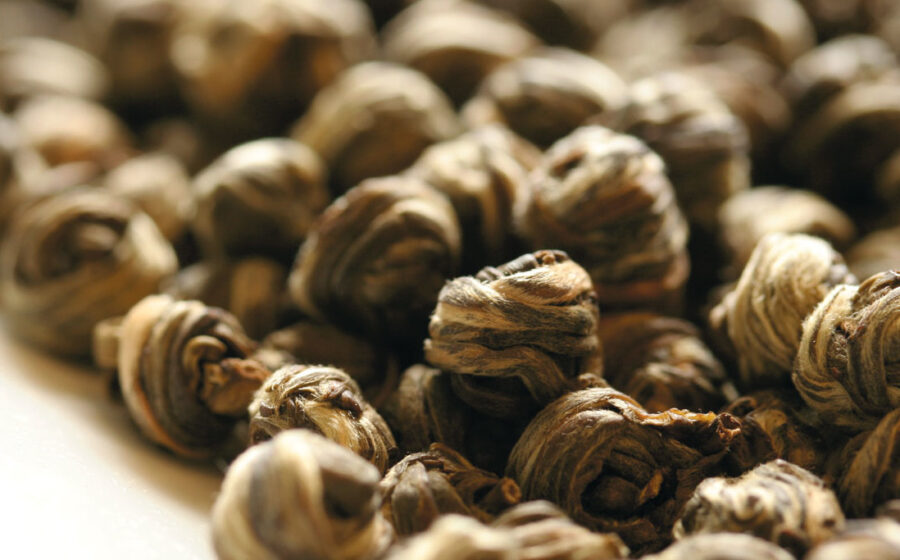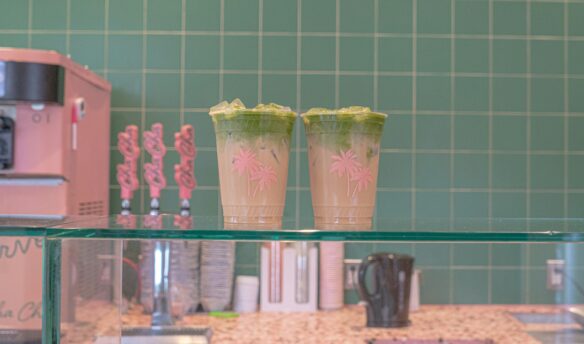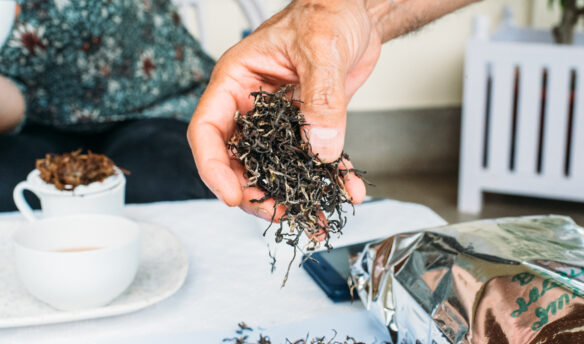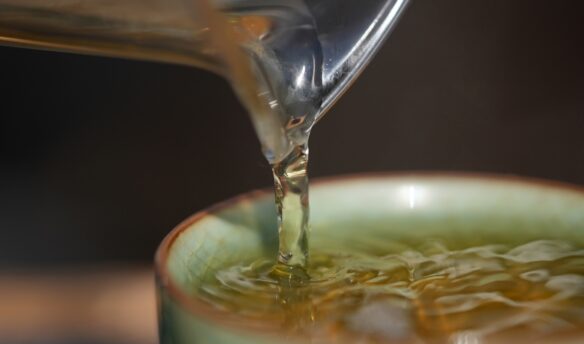[L]ast month in London, the Forum for the Future and some of tea’s biggest companies, including Unilever and Twinings, released a report titled Tea 2030. It outlines challenges facing the tea industry from climate change and rural depopulation to worker welfare and consumer attitudes toward tea. The goal of the report and the source of its name is to transform tea from a commodity into what it calls a “hero crop,” a product that improves the lives of everyone involved in production and helps the world.
That’s a lot to expect from those little leaves, but the report lays out some impressive statistics to prove why tea should be the chosen crop. From 1993 to 2010, tea consumption rose sixty percent and every day we all drink three billion cups of tea. Considering that tea culture spans the globe, there are few other crops with such ubiquity.
While the report sees tea as potentially transformative, it also warns that tea itself is in trouble. The thirty-five countries that grow tea represent some of the poorest and most susceptible to climate change—and tea is not saving the day. The report quotes one expert saying, “If it only provides jobs to people in distress situations, I cannot see how this sector is going to survive.” A chai wallah in India might make more than a tea-growing sibling at harvest, and he’ll have many more employment opportunities in a city. And anyway, his sister might end up tearing out her tea shrubs to plant a more profitable crop.
To reverse this potential decline and raise the economic might of tea, Tea 2030 saddles much of the responsibility on those billions of consumers, expecting them to demand eco-friendly and equitably traded tea, which will, the report hopes, improve wages and farming practices. It’s vague on how that demand is created. While a tin of mass-market loose-leaf may be far better than a bag of tea powder, it’s still an opaque commodity. A bag of specialty tea declaring its source can inspire the drinker to think of the path the tea traveled, the people involved, and a price that’s fair.
If tea is to become a hero crop, the big companies have a major role to play, to be sure, but the specialty tea merchants will be the catalyst.
—Cory Eldridge is Fresh Cup’s editor.







